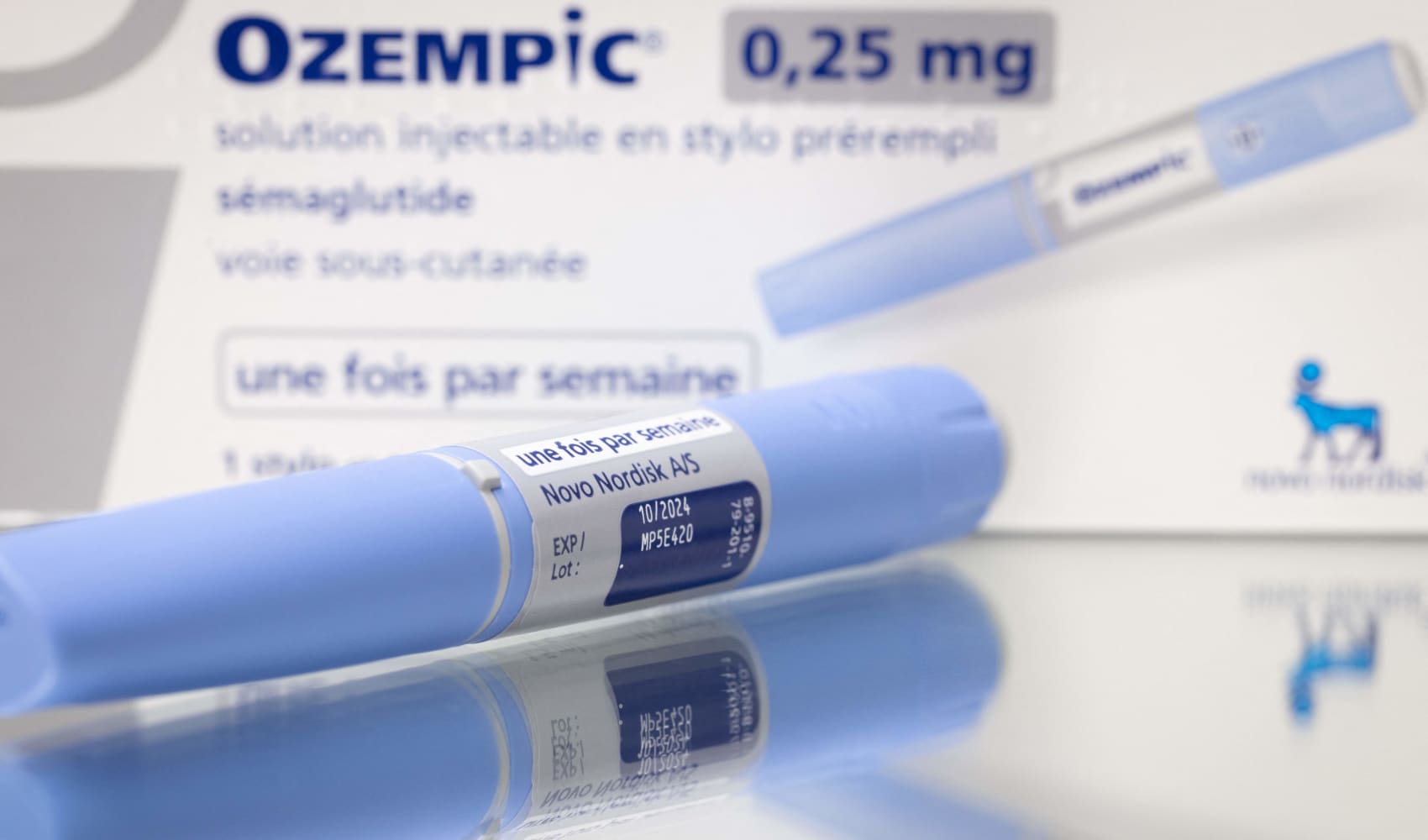While many think of babies when they think of whooping cough, adults and teens can still contact it even if they're vaccinated.
Last year's epidemic of pertussis or whooping cough continues into 2015 with more than 1,600 cases reported across the state.
Babies are the most at risk of suffering serious health problems, but adults can easily be misdiagnosed because whooping cough is associated with children.
One Southern California woman told NBC4 about her recent bout of whooping cough, something she says she had to point out to doctors as a possibility.
"I was just coughing ... gasping and trying to get my breath back," Meher McArthur said. Her symptoms started with a dry persistent cough that slowly got worse.
After being told her lungs seemed fine and that she probably had a virus by the urgent care clinic, she went to the emergency room after a coughing fit left her unable to breathe for a minute.
"I was in hospital for two nights," McArthur said, adding that she was the one who finally suggested maybe it was whooping cough.
Health & Wellness
Health and wellness news
"It was a pretty dry cough, but there was a tiny bit of phlegm that would get caught," she said. "And my airwaves were tightening at the same time."
According to the California Department of Public Health, pertussis is cyclical and peaks every three to five years.
About 1,674 cases whooping cough have been reported statewide through March of 2015, with 11,000 cases 2014.
Dr. James Cherry of David Geffen School of Medicine at UCLA has been studying pertussis for almost three decades.
He says the number of cases are up in part because of better tests to diagnose pertussis. The new vaccines are not as good as previous ones that had more side effects and getting vaccinated does not give you life long immunity.
"Your immunity lasts maybe 10 years at most," Cherry said.
Cherry said pregnant women and those around them should be vaccinated. Adults, who are often misdiagnosed, should be aware of the symptoms of whooping cough before it gets to the point where breathing is affected.
"If you have, say, bronchitis, you will frequently have fever and you also raise something when you cough," he said.
With whooping cough there is no fever, no wheezing like asthma and symptoms are worse at night. A diagnosis should be made with a lab test. As always, call your doctor to see what's right for you.



